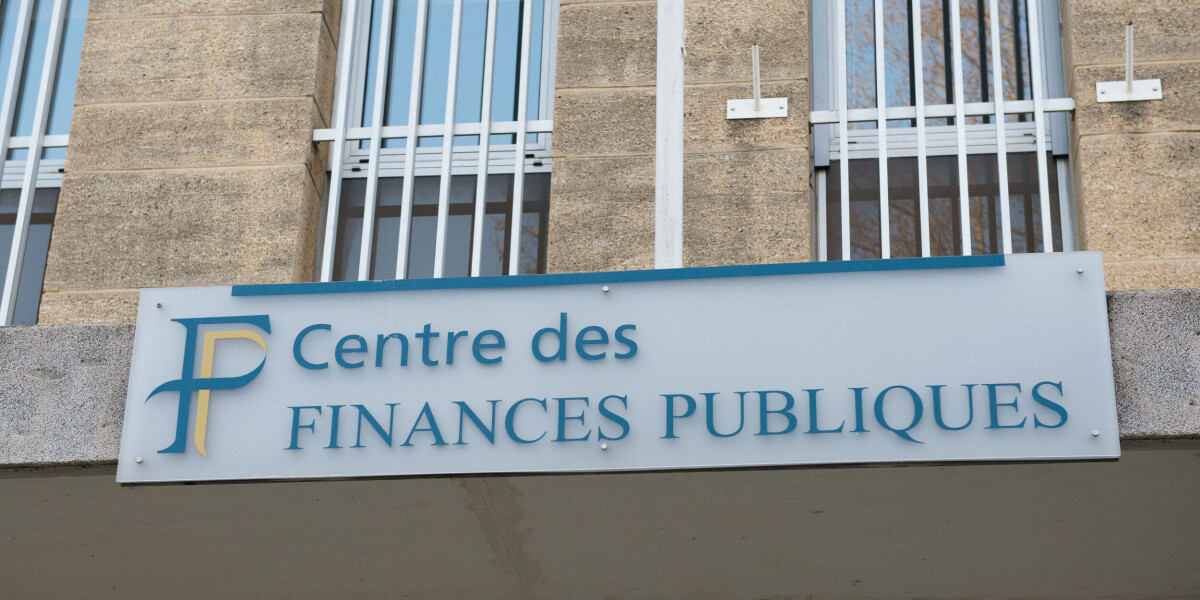
- Select a language for the TTS:
- UK English Female
- UK English Male
- US English Female
- US English Male
- Australian Female
- Australian Male
- Language selected: (auto detect) - EN
Play all audios:
Jacob Rees-Mogg has long been the darling of the Tory grassroots. And listening to him address a 2,500 strong audience at the London Palladium on Tuesday, it isn’t hard to see why. He’s
intelligent, charismatic, polite, self-effacing – and has a knack for explaining complicated concepts simply, without patronising his listeners. For Conservative middle Englanders, he is the
answer to a prayer: a Thatcherite politician who will preach the virtues of the free market with none of Cameron’s tiresome coyness. So, will he ever reach high office? Many believe that
his religious views – and his almost unprecedented openness about them – will hold him back. In a secular country uninterested in morality in any traditional sense, it’s initially hard to
see how an orthodox Catholic who believes that abortion is wrong in all circumstances could be brought into the Cabinet without a huge backlash. On the other hand, as he himself pointed out
on Tuesday, Brits, and particularly Conservative Brits, are liberal by nature and have a history of accepting ‘religious eccentrics’ – as long as they don’t impose their views on others. No,
in the end, it won’t be Rees-Mogg’s Catholicism that gets in the way of his ambition. It will be his politics. The Thatcherite economics in which he so ardently believes worked a treat for
Britain in the 1980s, but simply doesn’t translate into the 21st century. Rees-Mogg, a very rich man, doesn’t seem to have noticed that ordinary people are losing their faith in the free
market – and with good reason. Back in the 1990s, it was promised that the internet would unleash competition by lowering barriers to entry and often by cutting out the middleman. In fact,
the opposite has happened: a tiny handful of huge companies has wound up controlling the lion’s share of online advertising and commerce. Facebook has amassed a scary amount of power by
buying up or bankrupting potential competitors to protect its monopoly, while Amazon, through sheer size, has almost single-handedly destroyed the high street: if Bezos’s company wants to
introduce a new product, it already has the website, the warehouses, the delivery services and the advertising to do so. That makes it near impossible for other, smaller businesses (who
actually pay tax in the UK) to compete. An estimated 1,267 shops have been closed or earmarked for closure since January 2018, potentially putting 25,159 jobs at risk. And the idea that a
plucky, young entrepreneur will eventually fix the problem by harnessing the power of the free market is, unfortunately, wishful thinking. The bigger these companies get, the more they
monopolise their spaces, and the harder it becomes for anyone but the state to cut them down to size. My own industry, print journalism, has been on its knees for a decade thanks to Facebook
and Google eating up ad revenue, and even the most passionate free marketeer hacks are now pinning all their hopes on the state stepping in (via the law) and forcing through some serious
regulations. In the public services sector too, the free market is creaking. As writer and commentator David Waywell has pointed out, in order to improve profits, many British bus companies
have introduced flat fares to save themselves the trouble of having to calculate the prices between stops. In the North West, it now costs the same to travel between any two stops in
Merseyside, which, as Waywell explains, is great if you’re travelling from Southport to Speke, but not so good if you need a bus to get you to the end of the road and back in heavy rain.
Local rural buses and trains now run half empty in the day because very few people use them for local travel. This was not how the free market was meant to operate. Logic dictated that
alternatives should have appeared to fill this gap in the market, but no alternatives were forthcoming. The margins are too small to warrant the huge investment needed to compete against
these monopolies. In this instance, and in too many others, an under-regulated free market has ceased to serve the public and begun to serve itself. With Corbyn and his followers loudly –
and successfully – making the case for a socialist utopia, it’s tempting for Conservatives to play him at his own game. Jacob Rees-Mogg, whose cultish following is growing faster than the
Labour leader’s, seems to have fallen into this trap. Instead of soberly explaining that “capitalism is the worst economic system, except for all the others” and making the case for
responsible enterprise, the multi-millionaire entrepreneur plays to the crowds by exalting the untrammelled free market as the only way to save Britain. For retired middle Englanders it may
ring true, but for all those younger voters who’ve lost their jobs because of Amazon, Facebook and Google, it strikes the wrong note.








